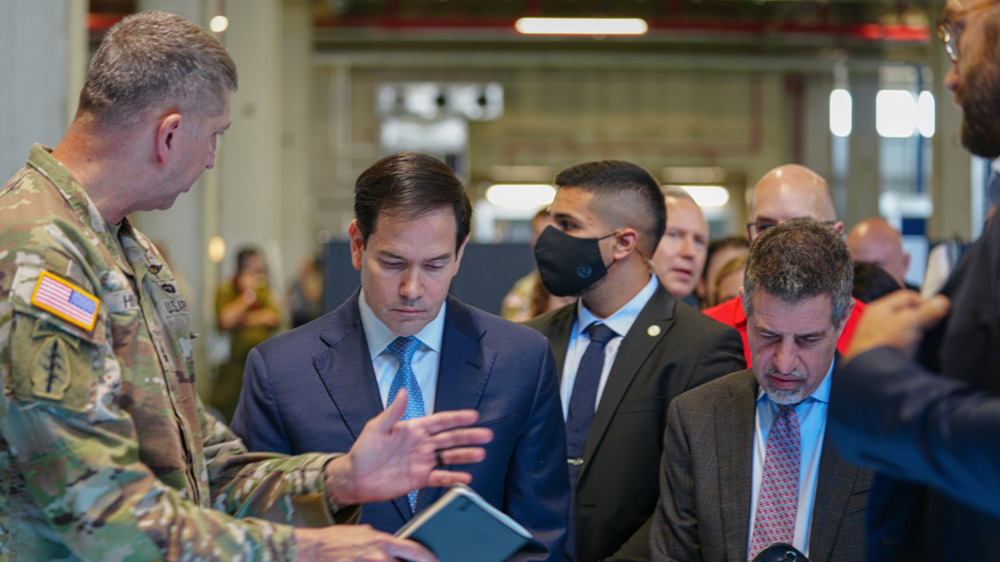Blinken fails to push EU to join US oil ban on Russia
Ramin Mazaheri
Press TV, Paris
United States Secretary of State Antony Blinken wrapped up a visit to the leaders of six European nations, plus a visit with the European Union and Israel’s foreign minister, with a closed-door meeting with French President Emmanuel Macron.
Washington has just announced a ban on Russian fossil fuels, but Blinken has apparently not convinced the European Union to immediately sever energy ties with their primary supplier. Russia announced they would cut its oil supplies to Europe if they introduced energy sanctions, which would have a devastating economic impact, perhaps globally.
In what many say is an effort to avoid peace and increase the likelihood of a major war, Blinken recently announced that NATO members can send fighter jets to Ukraine. The US and Europe have already provided significant military aid to Ukraine and imposed sanctions so potentially sweeping that Russian Federation President Vladimir Putin recently said they were "like a war."
Ukrainian President Volodymyr Zelensky recently announced that he “understood that NATO is not prepared to accept Ukraine,” which appears to be a concession to one of Russia’s primary demands to end its “military operation.” The risk of expanding the conflict is a major concern, and with Washington giving Russia a cold shoulder since their offensive Macron has served as the West’s primary mediator with Moscow.
Since 2014 some 14,000 people have been killed in Ukraine. Russia’s offensive on February 24 has produced almost 500 civilian deaths and nearly two million refugees, according to the United Nations.
In recent years many politicians have argued that the European Union was necessary to have peace on the continent. However, sending arms within Europe, forming an EU army and waging a sanctions war which is sure to hurt the Russian people doesn’t seem peaceful to many.
WHO: Over 1,000 Palestinians died awaiting medical evacuation from Gaza
US university fires Iranian professor over support for Iran, Palestine
VIDEO | Anti-Trump activists deliver ‘people’s indictment’ at White House
EU’s tampering with Russian assets is ‘theft’ no matter how it’s framed: Moscow
Israeli army kills Palestinian teen during northern West Bank raid
VIDEO | Two killed, nine wounded in mass shooting at Brown University
VIDEO | Germany considers Tunisia for migrant 'return center' plans
VIDEO | UK protesters show solidarity with Palestinians at Christmas









 This makes it easy to access the Press TV website
This makes it easy to access the Press TV website